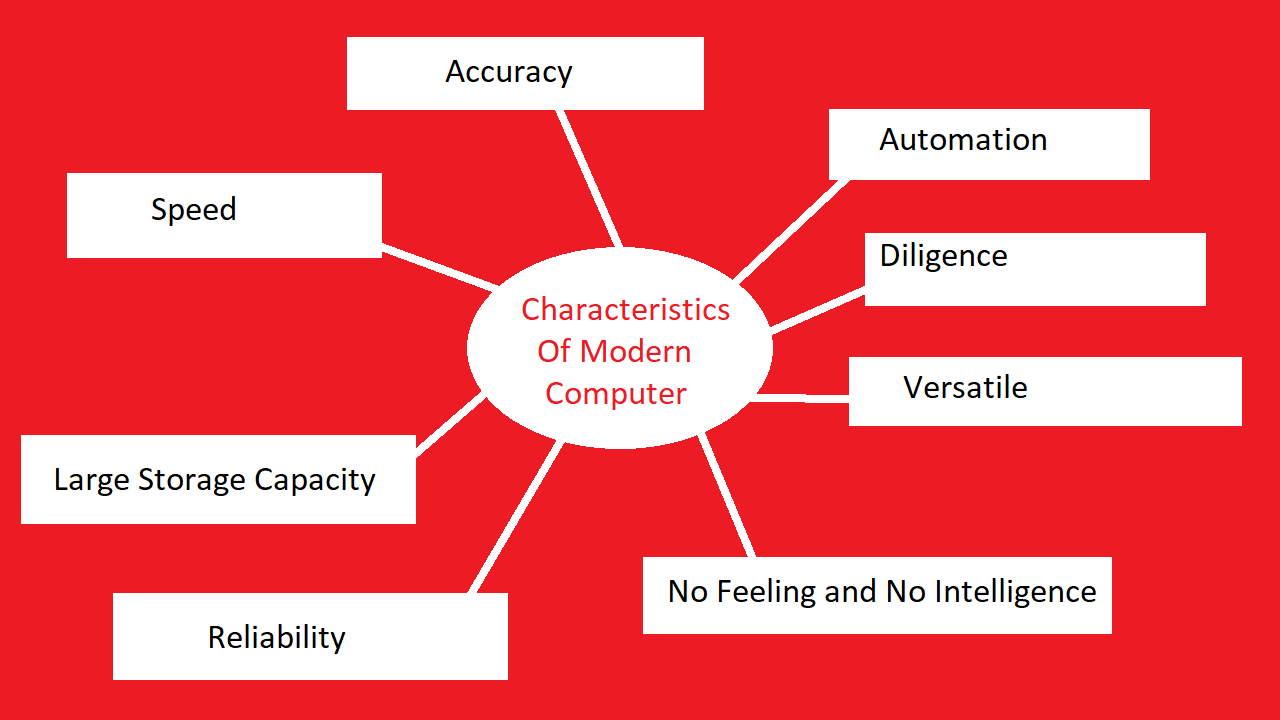Top Programming Languages to Learn in 2024
As we move further into the digital age, the demand for skilled programmers continues to grow. Whether you're a beginner looking to start your coding journey or an experienced developer seeking to expand your skill set, knowing which programming languages are in demand can guide your learning path. Here are the top programming languages to learn in 2024.
1. Python
Why Learn Python?
Python continues to dominate the programming landscape due to its versatility and ease of use. It is widely used in web development, data science, artificial intelligence (AI), machine learning (ML), and more.
Key Features
- Easy to Read and Write: Python's syntax is clear and intuitive, making it an excellent choice for beginners.
- Extensive Libraries and Frameworks: With libraries like TensorFlow, Pandas, and Django, Python simplifies complex tasks.
- Community Support: Python has a large, active community, providing extensive resources for learners and developers.
Use Cases
- Web Development (Django, Flask)
- Data Science (Pandas, NumPy)
- Machine Learning (scikit-learn, TensorFlow)
- Automation and Scripting
2. JavaScript
Why Learn JavaScript?
JavaScript is essential for web development. It allows you to create interactive and dynamic web pages, making it a must-learn language for front-end developers.
Key Features
- Client-Side Scripting: JavaScript runs in the browser, enabling interactive web applications.
- Rich Ecosystem: With frameworks like React, Angular, and Vue.js, JavaScript development is efficient and powerful.
- Versatility: JavaScript can be used for both front-end and back-end development (Node.js).
Use Cases
- Front-End Development (React, Angular, Vue.js)
- Back-End Development (Node.js)
- Mobile App Development (React Native)
- Game Development (Phaser)
3. Java
Why Learn Java?
Java is a robust, object-oriented programming language widely used in enterprise environments. Its "write once, run anywhere" capability makes it a staple in software development.
Key Features
- Platform Independence: Java code runs on any device with the Java Virtual Machine (JVM).
- Scalability: Java is designed for building large-scale, high-performance applications.
- Security: Java has built-in security features, making it suitable for applications requiring high security.
Use Cases
- Enterprise Applications
- Android App Development
- Web Applications (Spring, Hibernate)
- Big Data Technologies (Hadoop)
4. Go (Golang)
Why Learn Go?
Developed by Google, Go (or Golang) is known for its simplicity and performance. It is an excellent choice for building scalable and efficient software.
Key Features
- Performance: Go compiles to machine code, offering performance comparable to C/C++.
- Concurrency: Go's goroutines make it easy to handle concurrent tasks.
- Simplicity: Go has a simple syntax, making it easy to learn and use.
Use Cases
- Cloud Services
- Distributed Systems
- Network Servers
- Web Development (Gin)
5. Rust
Why Learn Rust?
Rust is gaining popularity for its focus on safety and
performance. It is particularly suitable for system-level programming.
Key Features
- Memory Safety: Rust's ownership model prevents memory leaks and other safety issues.
- Performance: Rust offers performance comparable to C++.
- Concurrency: Rust's concurrency model makes it safe to write concurrent code.
Use Cases
- System Programming
- Embedded Systems
- WebAssembly
- Game Development
6. TypeScript
Why Learn TypeScript?
TypeScript is a superset of JavaScript that adds static types. It helps catch errors early during development and enhances code maintainability.
Key Features
- Static Typing: TypeScript's type system prevents many common JavaScript errors.
- Tooling: TypeScript integrates well with popular IDEs, providing a superior development experience.
- Compatibility: TypeScript code compiles to plain JavaScript, ensuring compatibility with existing JavaScript libraries and frameworks.
Use Cases
- Large-Scale Web Applications
- Front-End Development (Angular)
- Back-End Development (Node.js)
7. Kotlin
Why Learn Kotlin?
Kotlin is the preferred language for Android app
development. It is fully interoperable with Java and offers a more modern
syntax.
Key Features
- Interoperability: Kotlin works seamlessly with Java, allowing the use of existing Java libraries.
- Conciseness: Kotlin reduces boilerplate code, making the codebase more readable and maintainable.
- Null Safety: Kotlin's type system helps prevent null pointer exceptions.
Use Cases
- Android App Development
- Web Development (Ktor)
- Server-Side Development
8. Swift
Why Learn Swift?
Swift is Apple's preferred language for iOS and macOS development. It is designed to be safe, fast, and expressive.
Key Features
- Performance: Swift is designed to be fast, often outperforming Objective-C.
- Safety: Swift eliminates many common programming errors with its strong typing and error handling.
- Interoperability: Swift can coexist with Objective-C in the same project.
Use Cases
- iOS App Development
- macOS App Development
- WatchOS and tvOS Development
Conclusion
Learning a new programming language in 2024 can open up numerous career opportunities and keep you at the forefront of technological advancements. Whether you're interested in web development, mobile app development, data science, or system programming, there's a language on this list that can help you achieve your goals. Start learning today and stay ahead in the ever-evolving tech industry.







